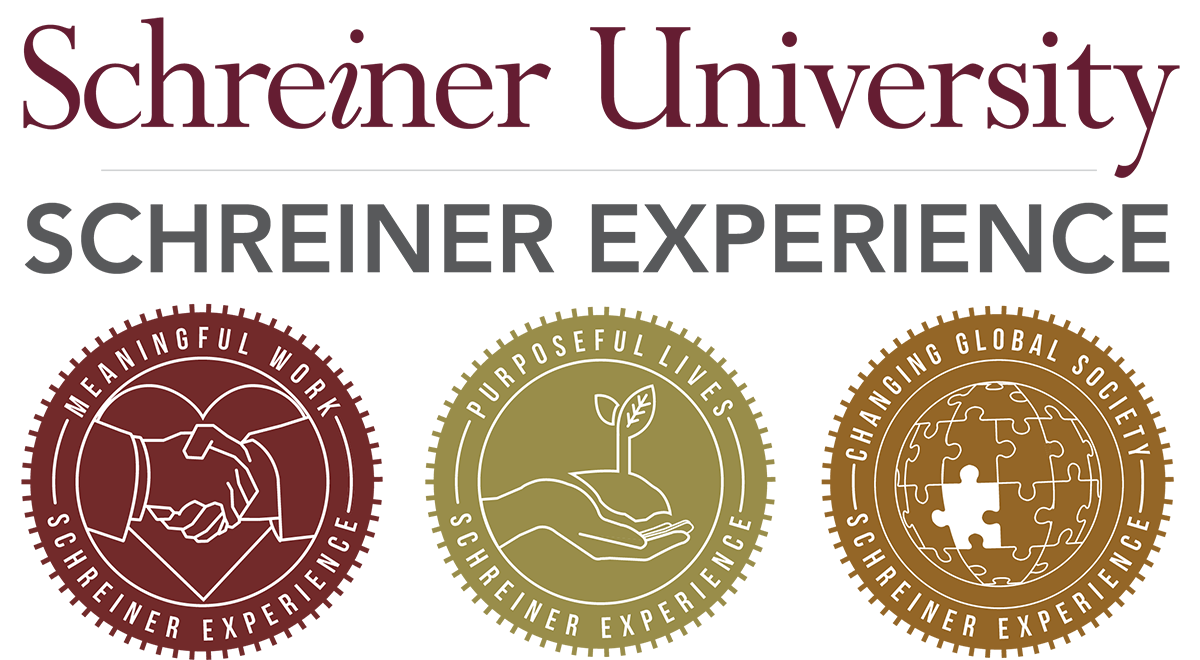
First-generation students often feel all alone in the college search. But you don’t have to! Here are the top tips you need for finding admission support.
by Dr. Ciera Graham
K–12 Manager, City of Seattle
Last Updated: Nov 13, 2023
For many students, preparing for college means grappling with a new set of academic, personal, social, and psychological challenges. For first-generation students—those who are the first in their family to pursue a post-secondary degree—the college preparation process can be extremely lonely. Many students rely on knowledge or resources from their college-educated parents, but that simply isn’t an option for first-gen learners.
According to the Center for First-Generation Student Success, first-generation undergraduates account for one-third of current US college students, bringing a wealth of diversity and talents to the college environment such as resourcefulness, self-reliance, persistence, and resilience. These strengths can help first-gen students navigate the unfamiliar terrain of higher education. Are you or do you know a first-generation student looking for advice on how to prep for college? Check out these six helpful steps to take now.
1. Identify counselors who can guide you through the process
College applications can be extremely intimidating for first-gen students, and trying to remember all the different deadlines can be confusing for anyone. There are several steps involved in the college admission process, from completing applications, writing your personal statements, and obtaining letters of recommendation to applying for financial aid and taking standardized tests.
Whether you’re a freshman or a senior, visit your school’s career center or talk to your high school counselor about your interest in applying to college—it’s never too early or late. They can help you solidify your college list, plan application deadlines during senior year, and gather all your application materials. It’s helpful to start talking with them early in your junior year of high school in case you’d like to apply for Early Decision as a senior; students who apply through these programs hear back from colleges sooner than their peers who turn in applications with Regular Decision deadlines.
2. Find a mentor who can help you understand college culture
There are some college topics that can be extremely foreign for first-generation students; Terms like “office hours” or “class syllabus” may not be readily understood. A mentor can help you understand college culture and teach you how to navigate your syllabus, rigorous coursework, and time management skills. You can ask a high school counselor or teacher, but you can also find a mentor outside school. Mentors can be friends, supervisors, coworkers, or coaches.
Try scheduling an informational interview with someone you know who has graduated from college. Then pick their brain about what college was like for them and any advice they have for new college students. Some colleges also have first-year or first-generation student mentoring programs. Inquire about these opportunities as you’re researching colleges, and take advantage when you get there to connect with older students and learn strategies for success.
3. Find colleges that value first-generation students
Getting into college is only half the battle—it’s also important to find schools that value and support first-generation college students and ensure they get to graduation. The best colleges have dedicated resources like mentorship programs, welcome and networking events, mental health counselors, clubs for first-gen students, and additional support services. A good place to start your search is with this list of 53 institutions recognized by the Center for First-Generation Student Success for their demonstrated first-gen commitment. The University at Buffalo, for example, has the Proud To Be First initiative, which provides a peer mentoring program connecting first-generation students with experienced peers and staff. Many institutions also have Federal TRIO programs that provide orientation, networking, and support services.
4. Connect with people who can provide recommendations
Most colleges request recommendation letters from people who can speak to your academic and personal skills and accomplishments—so it’s important to identify these people early in the college search process. Finding a teacher who can speak to your academic talents and success in the classroom—or perhaps a counselor, coach, or boss who can speak about your personal traits—is extremely valuable. Identify three or four people in your life who can serve as a reference for you, and ask them if they wouldn’t mind writing you a letter of recommendation. Make sure your writers are aware of deadlines, and send a copy of your résumé and some potential traits or achievements you’d like them to highlight.
5. Complete financial aid forms and apply for scholarships
The FAFSA can be challenging for anyone completing it for the first time, and even more so for first-gen students. But submitting this form is the key to accessing need-based aid like federal grants, scholarships, work-study, and student loans. Give yourself plenty of time to complete it, and have documentation related to tax returns, bank account balances, and untaxed income records readily available. Check with your counselor to see if your school offers FAFSA workshops or if they provide support for students and families completing the application for the first time. Once you’ve identified schools of interest, contact each financial aid office and make sure they know you’re a first-gen student. In addition to completing the FAFSA or other financial aid forms, they may have college-specific scholarships you can apply for.
6. Take care of your mental and emotional health
Coping with the demands of the college search and application process can be difficult. Consider joining a new club or reaching out to members of one you’re already in so you can connect with others outside of class. Even during the application process, it’s important to give yourself breaks and social time with friends and family. College preparation is challenging—but it should not be all-consuming. Make sure you’re finding time for stress-reducing activities you enjoy like exercising, meditation, or journaling.
Preparing for college is a lot of work, and it can feel overwhelming when it seems like you’re doing it all by yourself—but it doesn’t have to be lonely or defeating. Start early and remember there is a community of people ready to support you!


